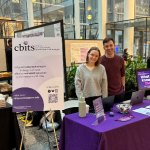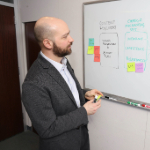Improving digital mental health services for all.
1 in 5 Americans will have a diagnosable mental health condition this year.
84% of those with a diagnosable mental illness receive no or inadequate treatment.
169 million Americans live in Federally Designated Mental Health Shortage Areas.
Who We Are
Northwestern University's Center for Behavioral Intervention Technologies (CBITs) investigates effective digital mental health services. Our work focuses on implementing these solutions equitably and sustainably in healthcare systems and communities while training the next generation of digital health investigators.
Our Work
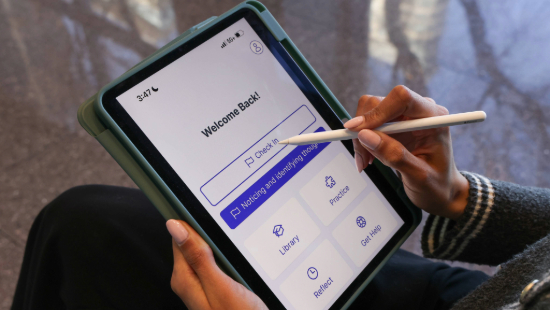
Our Research
Our faculty study behavioral intervention technologies and technology-enabled services. Learn about our ALACRITY Center, our ongoing projects and more.
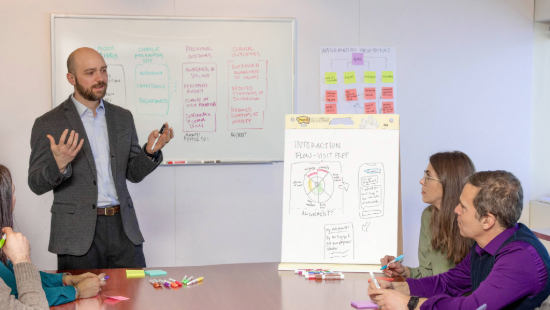
Education & Events
Learn about our training efforts, including webinars, reading courses and our T32 postdoctoral fellowship in digital mental health.
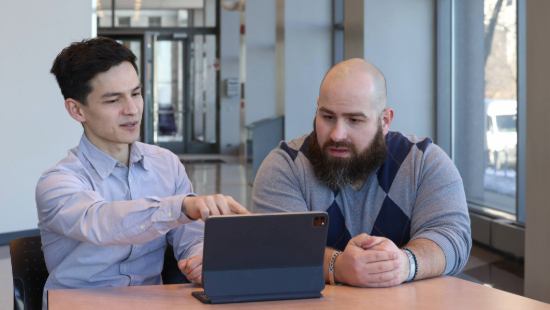
Active Studies
If you or someone you know experiences depression, anxiety or binge eating, you may be eligible to participate in one of our paid research studies.



